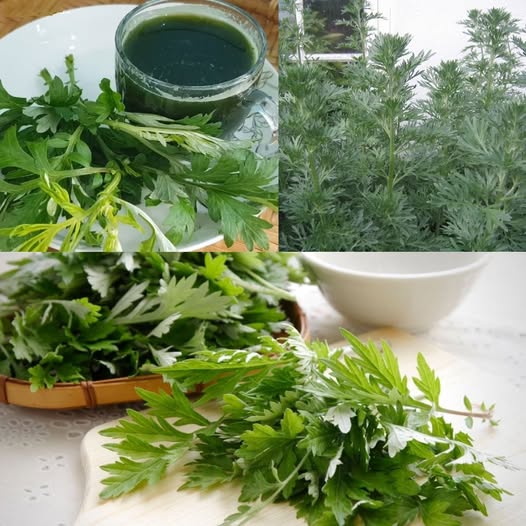Why You Should Care About Mugwort
Imagine a plant that’s been quietly growing in fields and along roadsides for centuries, overlooked by many but cherished by those in the know. Mugwort might look like an ordinary weed, but it’s packed with benefits that can help with everything from restless nights to stubborn digestive issues. If you’re searching for a natural way to boost your well-being without relying on harsh chemicals, this unassuming herb deserves your attention.
What Makes Mugwort Special?
Mugwort (Artemisia vulgaris) has been used in traditional medicine across Asia, Europe, and North America for generations. Its leaves, stems, and roots contain compounds like flavonoids and essential oils that work with your body to promote balance. Unlike many modern remedies, mugwort doesn’t come with a long list of side effects when used properly. It’s versatile, too—you can brew it as tea, use it in baths, or even burn it for aromatherapy.
Core Benefits of Mugwort
This humble plant offers a surprising range of benefits. It’s known to calm an upset stomach, ease menstrual cramps, and improve sleep quality by relaxing the nervous system. Mugwort also supports liver health, helps reduce inflammation in joints, and can even act as a mild antiseptic for minor skin irritations. For those interested in holistic practices, it’s often used in rituals to promote vivid, lucid dreams.
Mugwort Combinations and Their Benefits
| Ingredient | Combined Benefit |
|---|---|
| Chamomile | Enhances relaxation and sleep |
| Ginger | Boosts digestion and reduces nausea |
| Lavender | Calms stress and soothes skin |
| Peppermint | Relieves headaches and clears sinuses |
| Honey | Adds sweetness and fights bacteria |
How to Make Mugwort Tea
- Dry fresh mugwort leaves or use 1 teaspoon of dried leaves.
- Boil 1 cup of water and pour it over the leaves.
- Let it steep for 5-10 minutes (longer steeping = stronger flavor).
- Strain the leaves and add honey or lemon if desired.
- Drink 1-2 cups daily, preferably in the evening for better sleep.
Remember
Mugwort is powerful, but it’s not for everyone. Avoid it if you’re pregnant, as it may stimulate uterine contractions. Some people might experience allergic reactions—test a small amount first. If you’re on medication, especially blood thinners, consult a doctor before using mugwort regularly. Nature’s remedies are gentle, but your health comes first!
